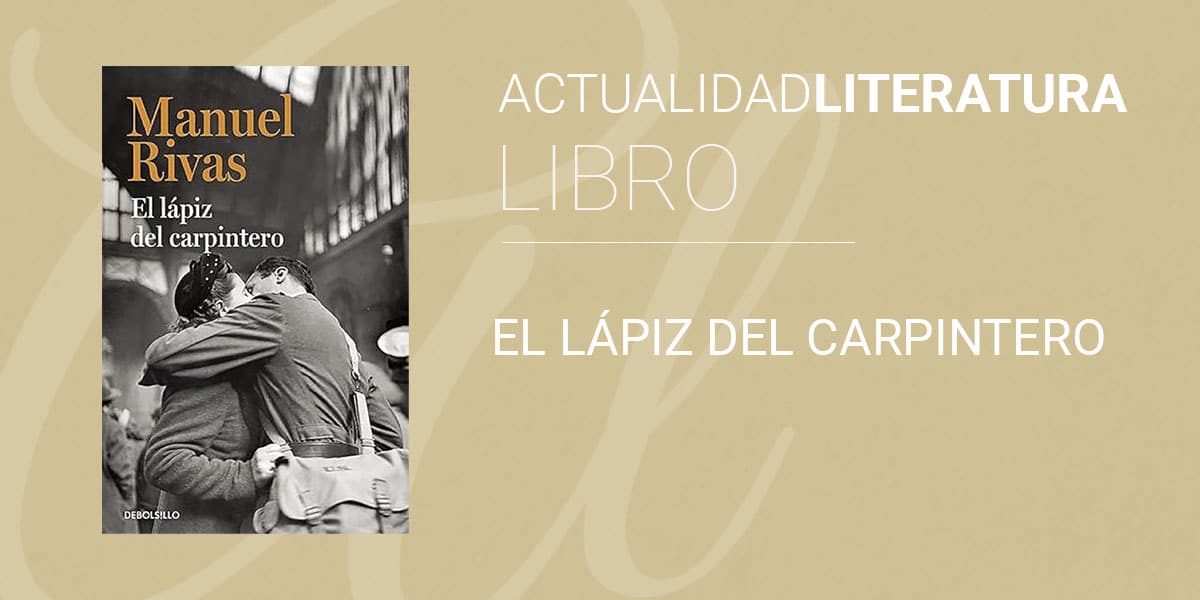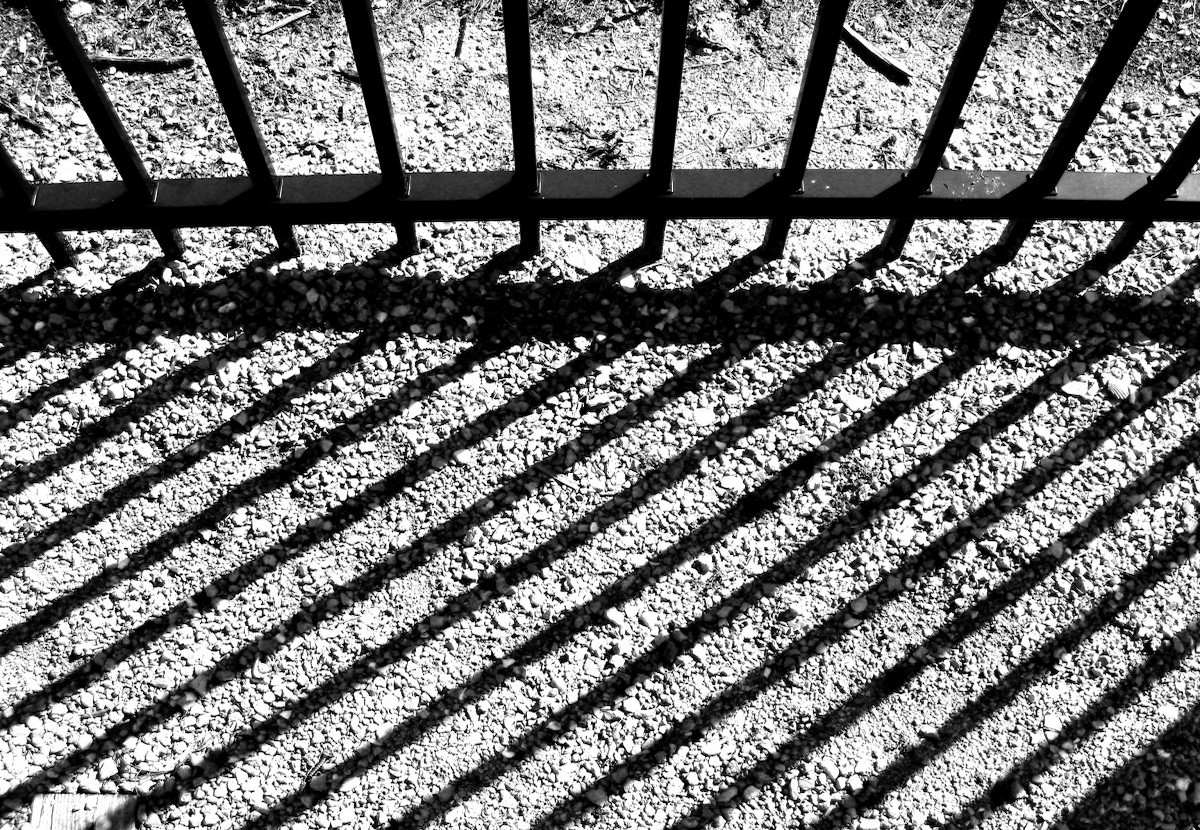
The Carpintero Pencil (Alfaguara, 1998) is a novel by Manuel Rivas. He originally wrote it in Galician but it was quickly translated into Spanish with undeniable success. It is a symbolic novel of love and war that has been recognized repeatedly with the Spanish Critics Award, the Galician Language Writers Association Award and the Archbishop Juan de San Clemente Award. Later she also won the Amnesty International Belgian Selection Award. In 2003 it was adapted to film by Antón Reixa.
It tells the story of Daniel da Barca, a republican doctor imprisoned in the Santiago de Compostela prison during the Spanish civil war. It is not a mere narrative about the civil war, it is also a love story and an ideological and hopeless journey.
The carpenter's pencil: an ideological and hopeless journey
A pen
The Carpintero Pencil It is a novel marked by the history of Daniel da Barca, but whose axis of development orbits around the stories of individuals who were retaliated by the civil war. Again, cAs has become customary in recent decades, this novel is the testimony of the losers of the war. Manuel Rivas makes a defense of the people who fought on the Republican side during the civil war and of all those who suffered the consequences after losing the conflict, such as women, families, workers... discordant with the national side.
For its part, that carpenter's pencil connects the story of the protagonist and the people who knew him through a prison guard from Santiago de Compostela, Herbal. This is a fairly symbolic novel and the carpenter's pencil solo It is the tool used by one of the prisoners shot by guards like Herbal and that he used to draw, among other things, the Portico of Glory of the Cathedral of Santiago.
This character, Herbal, had a certain fascination for the cartoonist, as well as for the protagonist of the novel, Daniel da Barca., a republican doctor against whom Herbal held a certain grudge for being engaged to the woman that the guardian had always secretly loved. However, at the same time, he will seek to be the one to guard the young doctor, because she does not want to leave him.

Ideological deployment
Meanwhile, Daniel da Barca loves Marisa Mallo. He is a Republican and she comes from a family that supports the national cause. No ideology seems to prevent the feeling that the two share. Daniel will look for a way to be with her, and Herbal will be those watchful eyes that do not lose sight of the doctor during some of her transfers: a sanatorium in Valencia or a Galician island.
In any case, Daniel da Barca is a man committed to those who suffer and will always look for a way to help all of them. This character is always guided by a strong sense of morality that represents all those who share the same political ideas. The others, however, are portrayed as vile beings who rarely have moments of light. In Herbal those few occasions are represented but thanks to the ghost of the war dead. One more example of the allegorical sensitivity of the novel that exudes beauty and hopelessness, but also a lot of ideology.
Moreover, criticism of religion is evident and the author does not miss the opportunity to bring together the superiority of the winning side in the Spanish conflict with a Catholic Church worn out and sold towards the interests of the nationals. Manuel Rivas takes advantage of the republic's general contempt for the Catholic tradition to reject it.

Conclusions
The Carpintero Pencil It is one of Manuel Rivas's most applauded novels. It is a book that tells a love story with a strong ideological background from the Spanish civil war.. The Galician author uses symbolism to portray individuals punished by the conflict and does not limit himself to his criticism of the Church. It is a novel with a marked republicanism that is reflected in its characters, as well as in their actions and spirit. Likewise, he seeks the moral and conscientious superiority of some over others.
About the Author
Manuel Rivas was born in A Coruña in 1957. He studied Information Sciences at the Complutense University of Madrid. He developed his work as a journalist in various Galician media, such as The Galician Ideal o The voice of Galicia. He also collaborates in El País.
As a writer he writes mainly in Galician, but due to the impact of his work his works are usually translated into Spanish. He is the author of novels, essays, plays, poetry and stories.. Plus The Carpintero Pencil, among his best-known works are She, damn soul, What do you want me, love?, Books burn bad, Live without permission o Everything is silence.
By What do you want me, love? won the National Fiction Prize in 1996 and in 2022 he was awarded the Gold Medal for Merit in Fine Arts. After the disaster of Premium In 2002 he founded the well-known Never Again association.
